By Jon Beaty
Researchers Elizabeth Robinson and Gail Price found that couples in unhappy marriages tend to underestimate the number of positive interactions in their marriage by 50%. As Dr. John Gottman explains, every couple has a “Story of Us Switch.”
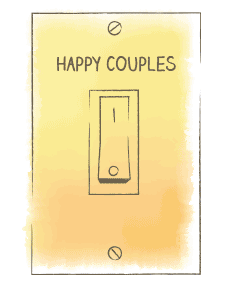
When the switch is turned on, couples tend to look back on their early days fondly. When they talk about the tough times they’ve had, they glorify the struggles they’ve been through, drawing strength from the adversity they’ve survived together.
When the switch is turned off, however, couples tend to look back on their early days with resentment and blame. For some of these couples, the Story of Us Switch may seem stuck in the off position.
We all make mistakes when judging situations or people, and biases influence many of our conclusions. Failing to recognize and manage these biases can keep an unhappy marriage in the dark.
Confirmation bias
In the 1960s, English psychologist Peter Wason conducted a simple experiment where he presented his research subjects with a sequence of three numbers, say 2-4-6. Wason then asked his subjects to identify the rule that described the sequence by offering additional number sequences that followed the rule. His subjects offered other sequences like 4-8-10 and 6-8-12. Each subject concluded that the rule was a sequence of three ascending, even numbers. They were wrong.
In Wason’s experiment, each subject formed a hypothesis about the sequence of three numbers and set out to prove it. Because none sought to disprove their hypothesis, they failed to discover the actual rule Wason had applied, a simple sequence of ascending numbers.
Wason named this phenomenon “confirmation bias.” Confirmation bias is our tendency to pursue and believe facts that “prove” what we already suspect or believe to be true. Confirmation bias affects what we believe about ourselves, about the world, and about our relationships.
Consider an example. Jamie and Rick frequently argue about spending. For Jamie’s birthday, Rick surprises her with an evening out at a new restaurant he’s heard Jamie talk about. As the hostess seats them at their table, Rick notices that Jamie hasn’t said a word since they arrived.
“You seem upset,” he says. “I thought you’d be happy.”
“We can’t afford this place,” she replies. “Didn’t you look at the menu? You never look at how much things cost!”
Rick’s plan for a happy evening with his wife dissolves in an argument as Rick defends his choice, and Jamie continues to accuse him of frivolous spending.
In an unhappy marriage, confirmation bias can be destructive, especially when paired with negativity bias.
Negativity bias
Negativity bias is our tendency to give greater attention and weight to negative information.
Rick has noticed that his relationship with his wife seems different since Jamie left and came back from a week-long visit to her mother’s. Visiting her mom is something Jamie does once a year, but Rick insists this time is different.
Jamie didn’t respond to a couple of Rick’s text messages while she was away. She didn’t answer her phone one night when he called at the time they’d agreed on. Since she’s been back, she seems quieter, and a few nights went to bed early. Rick now believes that Jamie has been distancing herself from him.
Married couples need to be careful to not draw negative conclusions about their relationship before carefully assessing all the facts. A premature, negative assessment of your marriage may set you up for unnecessary conflict, dissatisfaction, and divorce.
After a month of suspecting Jamie was giving up on their marriage, Rick confronted her after Jamie failed to answer Rick when he called to her in the kitchen from another room in the house.
“If you don’t love me anymore, why can’t you just tell me instead of shutting me out?” Rick said angrily.
“What are you talking about?” Jamie answered.
He started listing her offenses, “You just ignored me when I called you from the other room. You didn’t return my texts when you were at your mother’s. You didn’t answer my phone call. You’ve been going to bed without me..”
“What is this about? I didn’t hear you from the other room,” Jamie explained. “The dishwasher was making too much noise.”
As for the other incidents on Rick’s list of offenses, it turns out Jamie’s phone battery had died a few times when she was away at her mother’s, and she couldn’t get to her charger right away. The nights she went to bed early, she had to get up early the next day to make it to early meetings with clients.
The antidotes to bias
Dr. Gottman has identified five tools that couples can use as effective antidotes to confirmation bias and negativity bias in their relationships.
1.Fondness and Admiration
Fondness and admiration grow when couples intentionally put a positive spin on their relationship, on their history together, and on each other’s character. When they talk about each other and their relationship, they choose words that express warmth, affection, and respect.
Measure the strength of fondness and admiration in your relationship with this short assessment. Often, when it appears fondness and admiration are dead, they are only dormant and can be revived with concerted effort.
Dr. Gottman’s New York Times bestseller The Seven Principles that Make Marriage Work offers several exercises couples can do together to breathe life back into your positive feelings for each other. Consider beginning with this “I Appreciate” exercise.
2. A spirit of we-ness
Couples who share a common purpose with similar beliefs, values, and goals develop a spirit of “we-ness” in their relationship. When people allow themselves to succumb to confirmation bias and negativity bias, their focus often narrows to who’s right and who’s wrong. A spirit of opposition can develop with each spouse defending their own needs and desires.
Couples who choose to focus on the beliefs, values, goals, and dreams they share in common develop a sense of we-ness. When they tell their story, it’s most often about what’s important to both of them.
3. Love Maps
Confirmation bias and negativity bias can make spouses experts at pointing out each other’s failures and flaws. Doing so undermines the foundation for a happy marriage.
Happy couples build their marriage on an ever-growing catalog of knowing each other’s likes, dislikes, desires, and dreams. Dr. Gottman calls this vivid knowledge of the path to a spouse’s heart a “Love Map.” For help strengthening your Love Maps, start with this easy-to-use guide.
4. Stand together
Couples who’ve adopted a narrative that focuses on each other’s flaws and failures tend to fight against each other when problems arise in their marriage. Because they tend to criticize and defend against each other, put-down each other, or stonewall, their response to negative events drives them further part.
Negative events are inevitable for any marriage. One difference between happy and unhappy marriages is the tendency among happy couples to stand together during hard times, rather than against or away from each other.
In doing so, they overcome many problems that arise and develop stronger bonds with each other that contribute to greater happiness, in spite of their difficulties.
5. Eliminate negative thoughts
Once thoughts that your marriage is a disappointment or a mistake becomes a focus in your marriage, they’re like stains on a favorite shirt, and just as hard to remove. Confirmation bias and negativity bias can make a couple miserable.
Happy couples extinguish those negative thoughts as quickly as they enter their minds, and don’t allow them to take root.
In happy marriages, spouses believe they’re matched with the right person, and can’t imagine a better life with someone else.
This article was originally published on The Gottman Relationship Blog.
Want to improve your marriage in 60 seconds or less? Over 40 years of research with thousands of couples has proven a simple fact: small things often can create big changes over time. Got a minute? Sign up here.

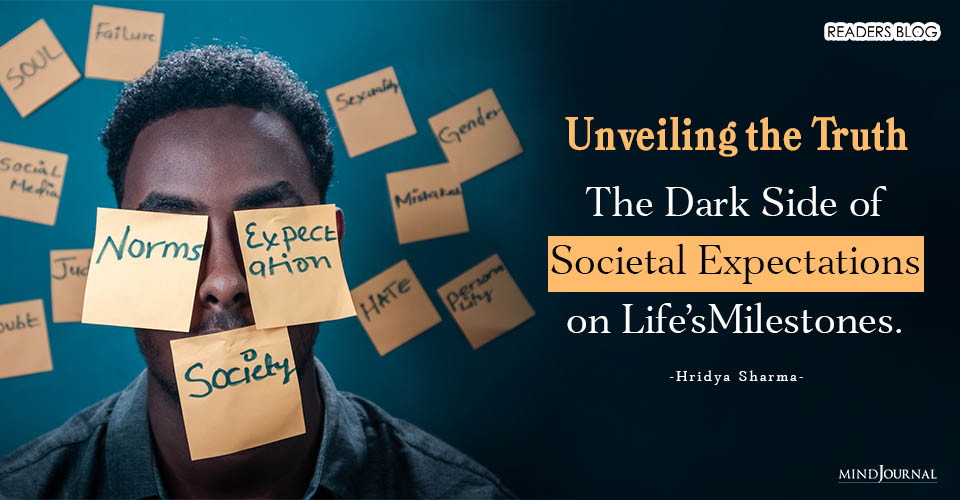
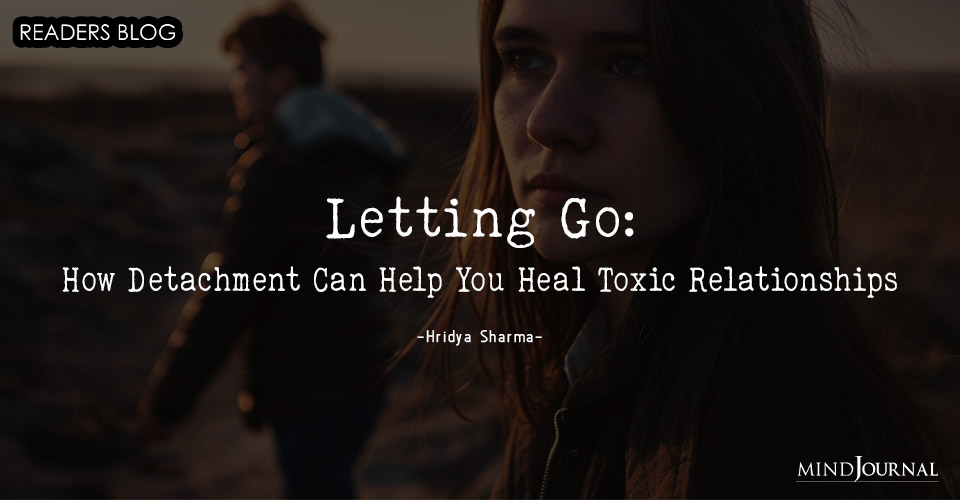
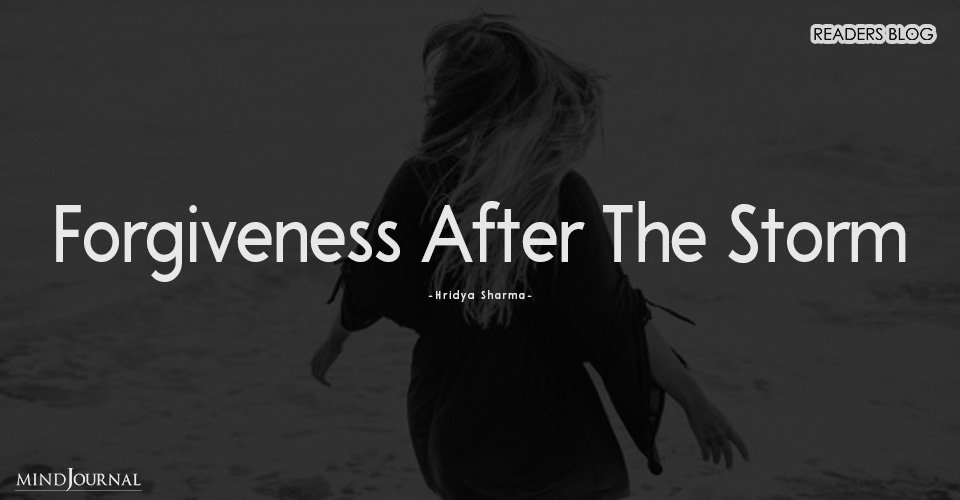
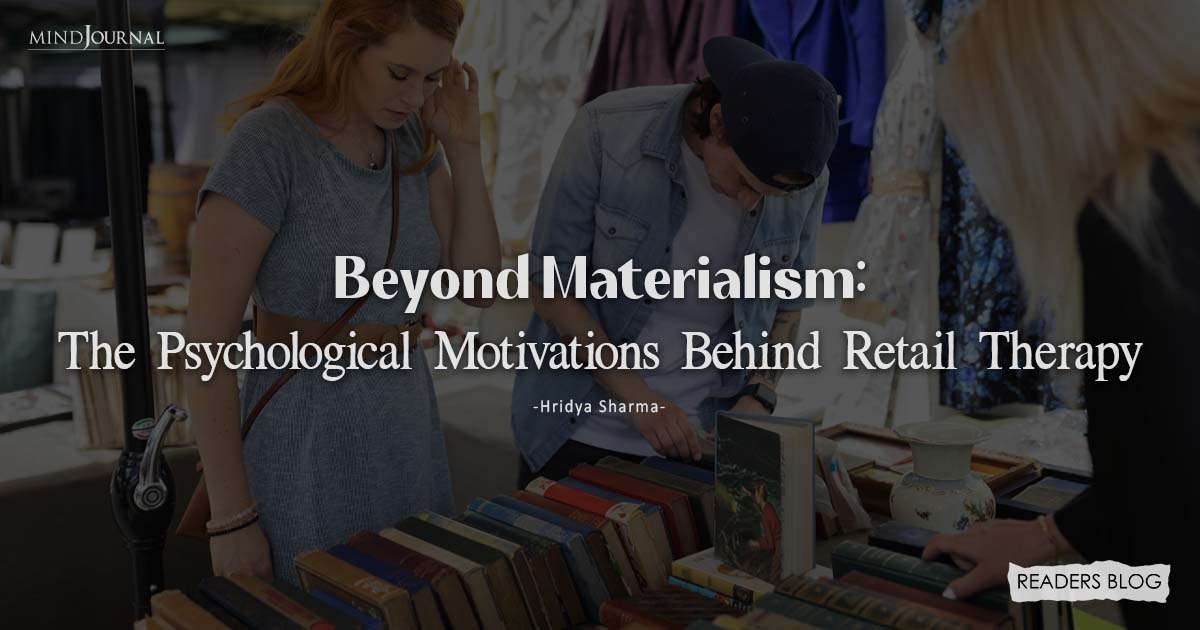
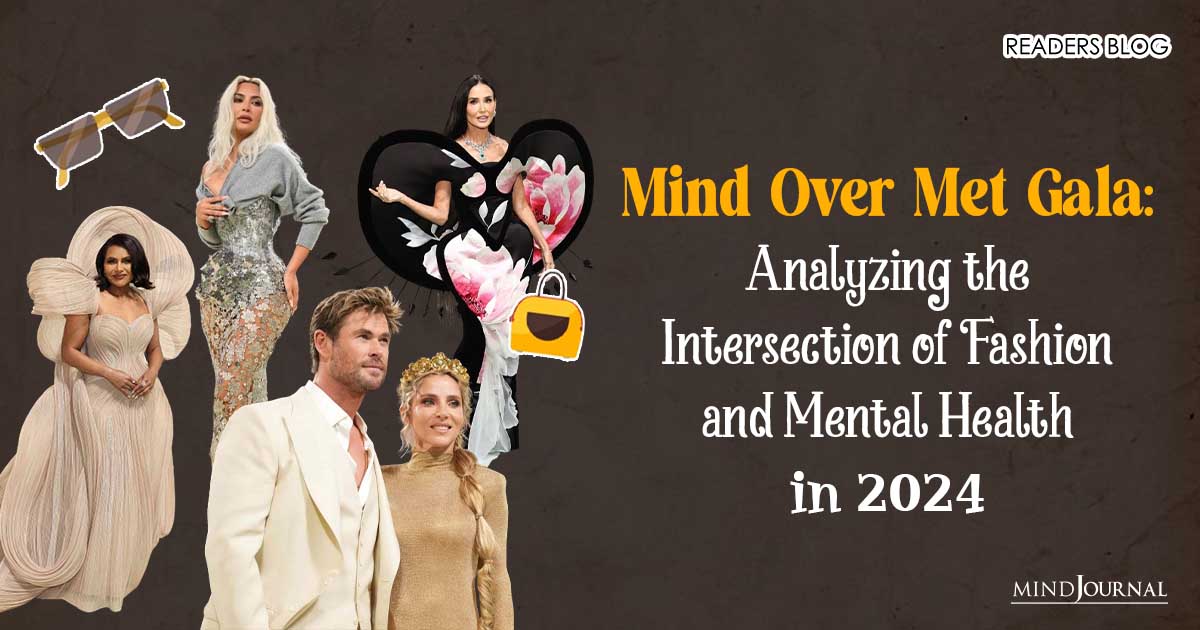
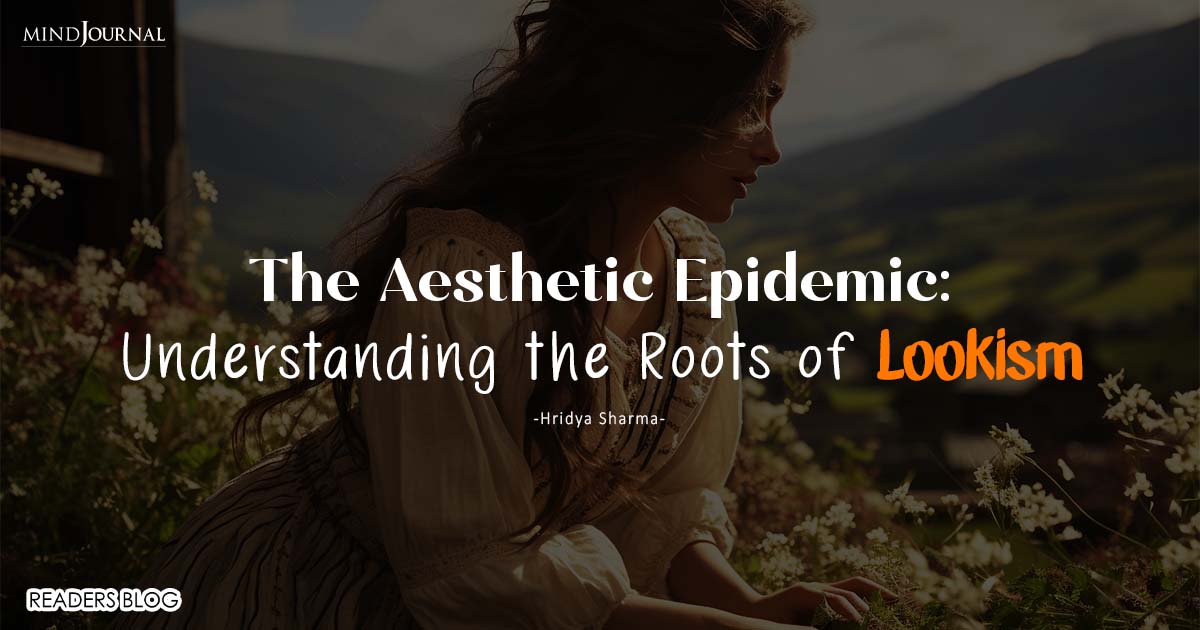
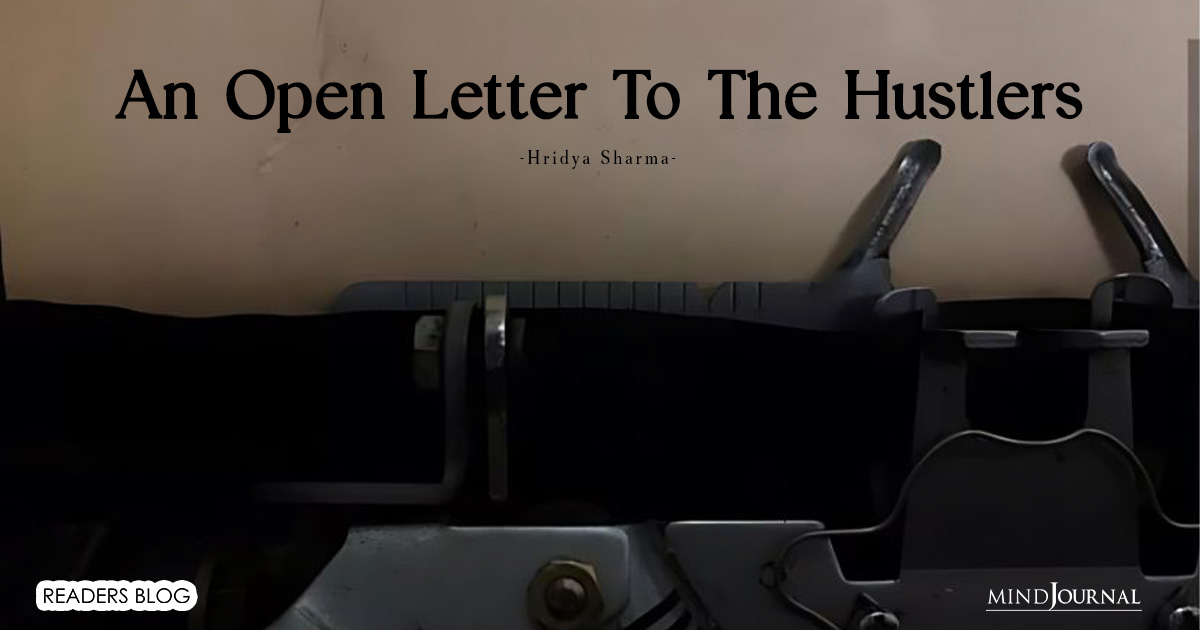
Leave a Reply
You must be logged in to post a comment.